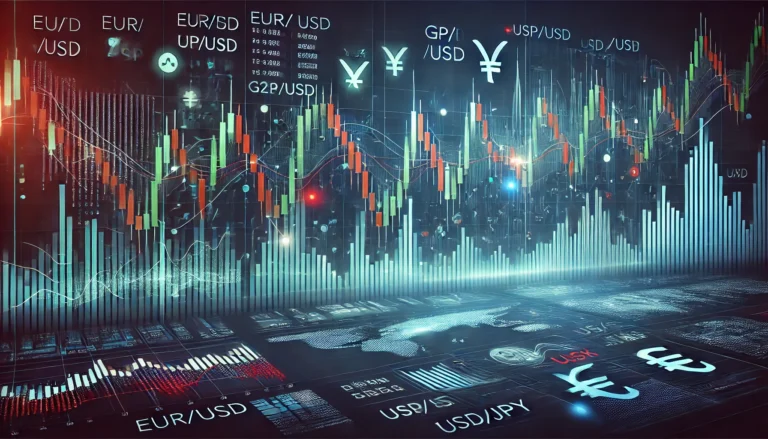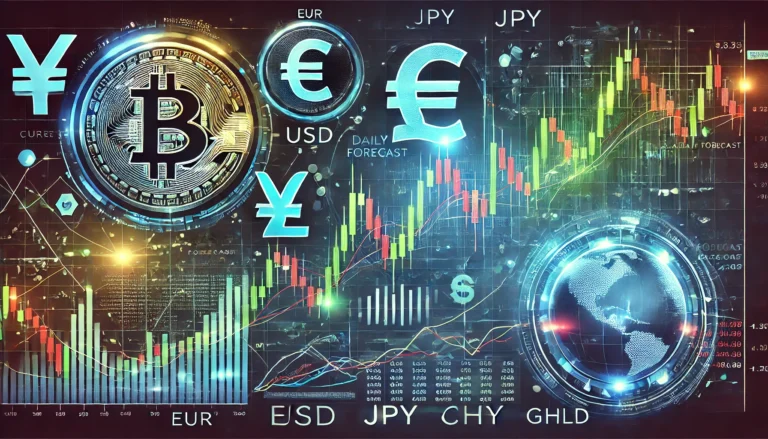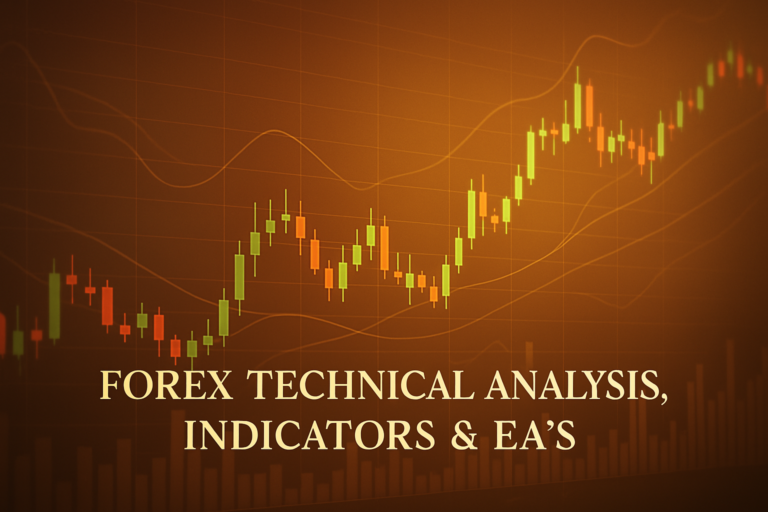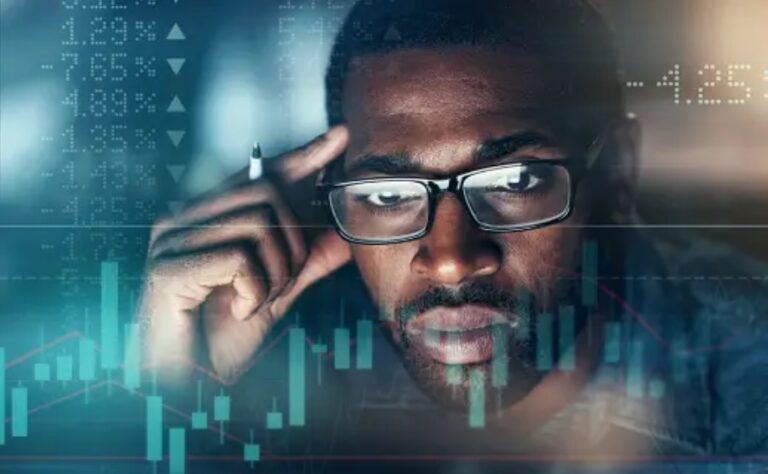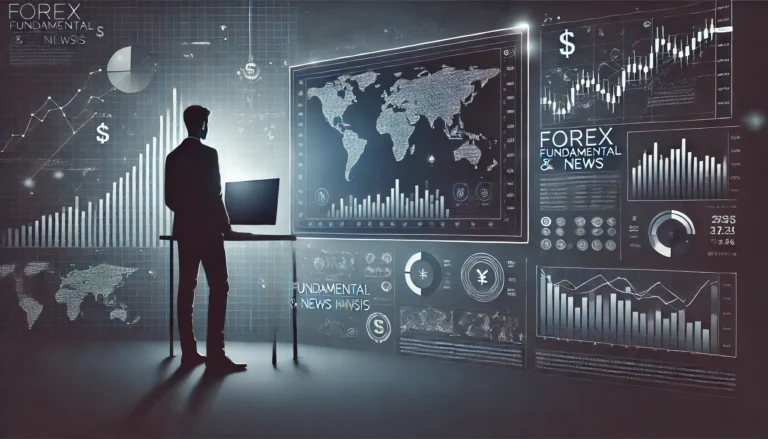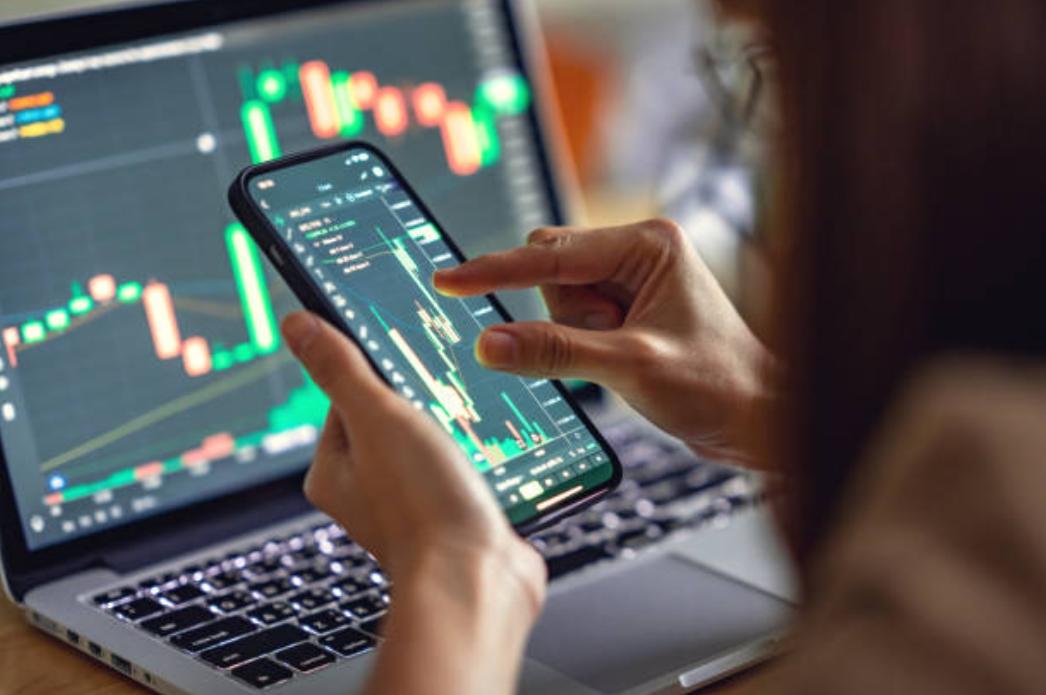
[How can I practice Forex trading without risking real money?] Forex trading can be a highly rewarding venture, but it also comes with its fair share of risks. For beginners, it’s crucial to gain experience and sharpen trading skills before diving into the real market. Thankfully, there are several safe and effective ways to practice Forex trading without risking real money. In this article, we will explore seven methods that will help you hone your trading abilities and build confidence.
“If you prefer the audio version of this blog article, please follow this Youtube link.“
Why Practice Forex Trading without Real Money?
Practicing Forex trading without real money offers several benefits. Firstly, it allows you to familiarize yourself with the intricacies of the market and various trading strategies. Secondly, it helps you develop and fine-tune your trading skills in a risk-free environment. Lastly, practicing without real money enables you to test different approaches and learn from your mistakes without suffering any financial losses. What are the risks involved in Forex trading?
Strategies for Practicing Forex Trading without Risking Real Money
- Demo Trading Accounts: Demo trading accounts are a fantastic tool for practicing Forex trading without risking real money. These accounts simulate real trading conditions, allowing you to execute trades with virtual money. Most reputable brokers offer demo accounts that provide access to real-time market data. By using a demo account, you can familiarize yourself with the trading platform, test different strategies, and observe how the market behaves.
For example, let’s say you believe the EUR/USD currency pair will increase in value. You can open a demo trade, buy EUR/USD at a certain price, and track its performance over time. This hands-on experience will help you understand the dynamics of the Forex market and refine your trading decisions.
- Backtesting and Historical Data Analysis: Backtesting involves analyzing historical data to assess the performance of a trading strategy. Many trading platforms provide historical price data that you can use to simulate trades and evaluate the effectiveness of your strategy. By backtesting, you can identify patterns, fine-tune your entry and exit points, and understand how your strategy would have performed in different market conditions.
For instance, suppose you have a trading strategy based on moving averages. By analyzing historical data, you can backtest your strategy and see how it would have performed over a specific period. This analysis will help you refine your approach and gain insights into the potential profitability of your strategy.
- Paper Trading: Paper trading is another method to practice Forex trading without risking real money. It involves keeping a trading journal and recording hypothetical trades without actually executing them in the market. You can track price movements, set entry, and exit points, and monitor the performance of your trades on paper.
For instance, let’s say you decide to paper trade a particular currency pair. You would write down the details of the trade, including the entry price, stop-loss level, and take-profit target. As the market moves, you can observe the outcome of your trade and assess your decision-making process. This exercise enhances your analytical skills and helps you understand the potential risks and rewards associated with different trading scenarios.
- Forex Trading Simulators: Forex trading simulators are software applications that replicate the Forex market and allow you to practice trading in a virtual environment. These simulators provide real-time price data, charting tools, and order placement options, enabling you to experience the excitement of trading without risking real money.
For example, you can use a Forex trading simulator to execute trades, monitor their progress, and analyze the outcome. By engaging with the simulator regularly, you can improve your decision-making abilities, develop effective risk-management strategies, and gain confidence in your trading skills.
Tips for Effective Practice
To make the most of your practice sessions, consider the following tips:
What skills and knowledge are required for successful Forex trading?
- Set realistic goals: Define clear objectives for each practice session, whether it’s mastering a specific trading strategy or improving your risk management techniques. Setting achievable goals will keep you focused and motivated.
- Create a trading plan: Develop a comprehensive trading plan that outlines your trading approach, risk tolerance, and money management strategies. Adhering to a well-defined plan will help you stay disciplined and make rational trading decisions.
- Analyze and learn from mistakes: Treat your practice sessions as learning opportunities. Analyze your trades, identify mistakes, and understand the reasons behind them. Learning from your mistakes is essential for continuous improvement.
- Seek feedback and mentorship: Join trading communities, and forums, or seek guidance from experienced traders. Their insights and feedback can provide valuable perspectives and accelerate your learning process.
Additional Resources for Forex Trading Practice
Apart from the methods mentioned above, you can explore additional resources to enhance your Forex trading practice. Online educational courses, trading communities, forums, and Forex trading books offer valuable insights and guidance to sharpen your skills further.
Frequently Asked Questions
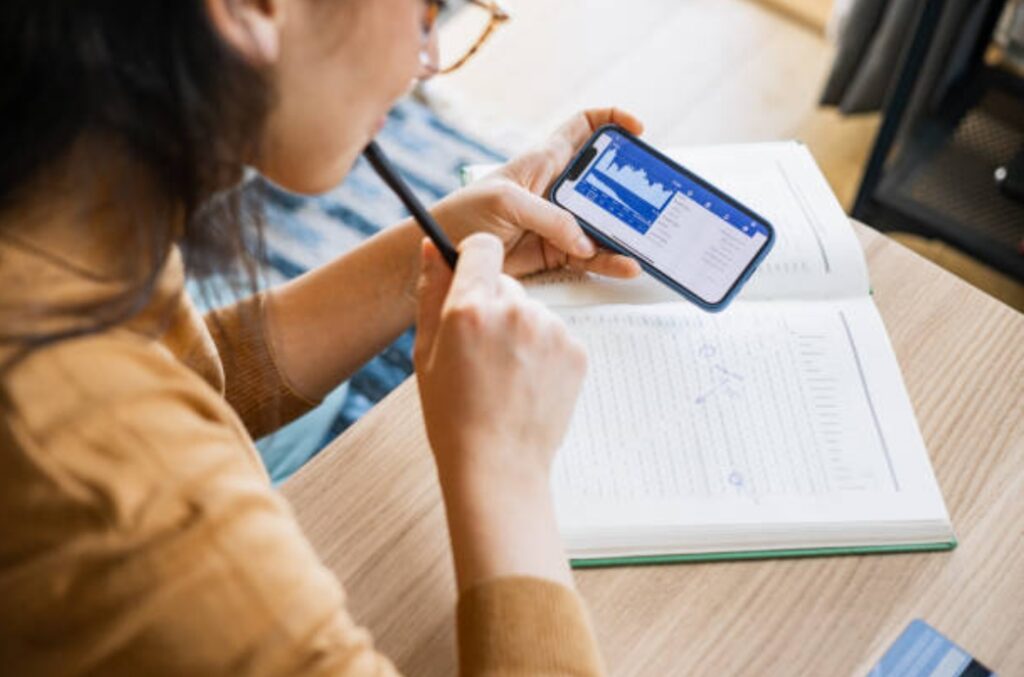
How long time will it take to learn basic to intermediate Forex Trading?
Q: How long should I practice Forex trading before risking real money?
- The duration of practice before risking real money varies from individual to individual. It’s important to gain a solid understanding of Forex concepts, develop a trading strategy, and consistently demonstrate profitability in your practice sessions. Some traders recommend practicing for at least 3-6 months, while others suggest longer periods. Ultimately, the decision depends on your level of comfort and confidence. It’s crucial to practice until you feel consistently comfortable with your trading skills and have a solid track record of successful trades in your practice sessions.
Q: How much capital do I need to start Forex trading?
- The amount of capital needed to start Forex trading can vary depending on several factors. It is generally recommended to start with a capital amount that you can afford to lose without causing significant financial distress. Some brokers offer accounts with minimum deposit requirements as low as $100, while others may require higher amounts. Additionally, the size of your trades and the leverage you utilize will also impact the required capital. It’s important to carefully consider your risk tolerance, trading goals, and financial situation when determining the appropriate amount of capital to start trading Forex.
Q: What are the major currency pairs in Forex trading?
- The major currency pairs in Forex trading include EUR/USD (Euro/US Dollar), USD/JPY (US Dollar/Japanese Yen), GBP/USD (British Pound/US Dollar), USD/CHF (US Dollar/Swiss Franc), and USD/CAD (US Dollar/Canadian Dollar). These pairs are considered major due to their high trading volumes and liquidity in the Forex market. They are widely traded and tend to have tighter spreads, making them popular choices among traders. It’s essential to familiarize yourself with these major currency pairs and understand their characteristics to make informed trading decisions.
Q: What is leverage in Forex trading?
- Leverage in Forex trading allows traders to control larger positions in the market with a smaller amount of capital. It is essentially a loan provided by the broker to amplify the potential returns (and losses) of a trade. For example, if your broker offers a leverage of 1:100, it means that for every $1 of your capital, you can control a position worth $100. While leverage can enhance profits, it also magnifies the risks. It’s crucial to use leverage judiciously and understand the potential impact on your trading account. Risk management and a proper understanding of leverage are essential for successful Forex trading.
Q: What are the key factors that affect currency exchange rates?
- Currency exchange rates in the Forex market are influenced by various factors, including economic indicators, geopolitical events, interest rates, inflation, and market sentiment. Key factors that affect exchange rates include the strength of a country’s economy, political stability, monetary policy decisions by central banks, trade balances, and market expectations. Traders need to stay informed about these factors and monitor relevant news and economic data releases to anticipate and react to potential currency movements. Understanding the fundamental factors that drive exchange rates is vital for effective Forex trading.
Q: How can I manage the risks involved in Forex trading?
- Risk management is a crucial aspect of Forex trading. To manage risks effectively, traders employ several strategies, including setting stop-loss orders to limit potential losses, diversifying their trading portfolio by trading multiple currency pairs, using proper position sizing techniques, and adhering to a well-defined trading plan. Additionally, it’s essential to stay disciplined, avoid emotional decision-making, and continuously educate yourself about risk management principles. By implementing robust risk management practices, traders can protect their capital and mitigate the potential impact of adverse market movements.
Conclusion of Forex Trading without Risking Real Money
Practicing Forex trading without risking real money is a prudent approach for beginners to gain experience and confidence in the market. Utilizing demo accounts, backtesting, paper trading, and Forex trading simulators provide valuable learning opportunities without financial risks. By following these safe and effective methods and incorporating the tips shared in this article, you can hone your trading abilities and be better prepared for real-market scenarios. Remember, practice makes perfect, and with dedication and persistence, you can excel in the world of Forex trading.
Forex Learning Road Map to Become a Successful Forex Trader
[table id=1 /]We value your thoughts and insights! We invite you, our esteemed readers, to share your comments and join the conversation. Whether you have questions, personal experiences, or additional tips to contribute, we encourage you to leave a comment below. Your input not only enriches the discussion but also provides an opportunity for us to learn from one another and foster a sense of community. So, don’t hesitate to share your perspectives and engage with fellow readers. We look forward to hearing from you!
